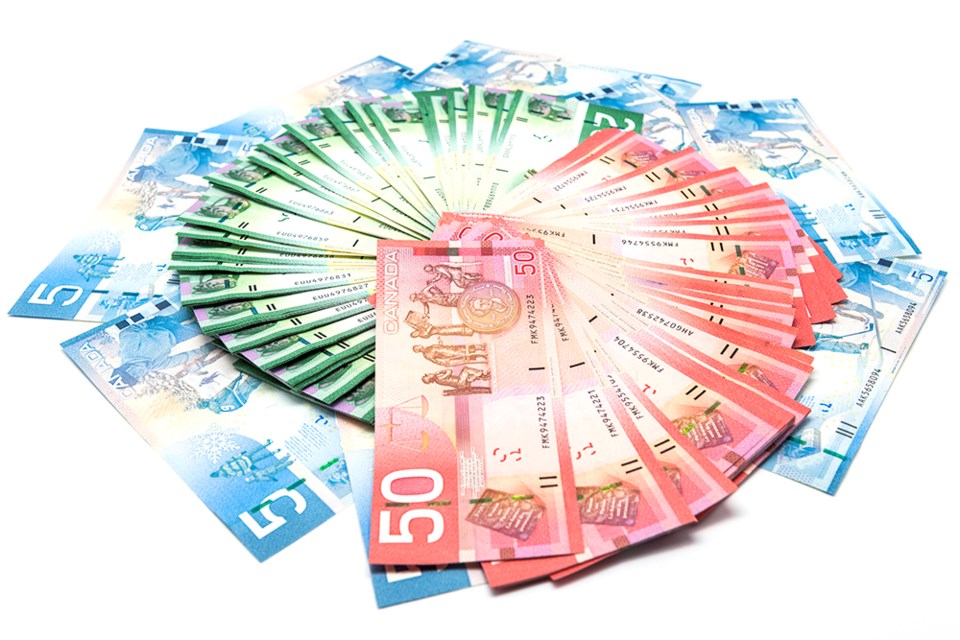In less than a month, members of Parliament will take more money out of your wallet and stuff more into their own.
On April 1, the federal government is increasing carbon and alcohol taxes while MPs take their fourth pay raise since the onset of the COVID-19 pandemic.
This year’s pay raise will range from an extra $5,100 for a backbench MP to an extra $10,200 for Prime Minister Justin Trudeau, based on contract data published by the government of Canada.
A backbencher currently collects a $189,500 salary. Ministers take home $279,900. Trudeau gets $379,000 from taxpayers. Do they really think they should take thousands more from their constituents, many of whom are struggling to fill the fridge?
But this year’s changes alone downplay the pay raises politicians took during the pandemic.
As of April 1, MPs will receive an annual salary $15,700 higher than they did pre-pandemic, while the prime minister will take home an extra $31,400.
Politicians don’t deserve pay raises when they make life unaffordable with higher taxes.
The federal carbon tax will be to 14 cents per litre of gas and 12 cents per cubic metre of natural gas on April 1.
The Trudeau government claims “families are going to be better off” with its carbon tax and rebates. The government expects you to believe it can raise taxes, skim some off the top to pay for hundreds of new bureaucrats and still make you better off.
The Parliamentary Budget Officer’s math shows Canadians shouldn’t swallow that spin.
The carbon tax will cost the average family between $402 and $847 this year even after the rebates, according to the PBO. And this will be the fourth time Trudeau has increased his carbon tax since COVID-19 touched down.
While Ottawa sticks Canadians with higher bills, other countries have provided relief. The Canadian Taxpayers Federation identified 51 national governments that cut taxes during the pandemic and as inflation took off. That includes more than half of G7 and G20 countries and two-thirds of the countries in the Organisation for Economic Co-operation and Development.
Many of our peers were also offering relief at the pumps.
Australia cut its gas tax in half. India cut its gas tax to “keep inflation low, thus helping the poor and middle classes.” The United Kingdom announced billions in fuel tax relief. Â鶹ÊÓƵ Korea cut its gas tax by 30 per cent. Germany, the Netherlands, , , , , , , , , , and also cut gas taxes.
You could be forgiven if all this drives you to drink. But Trudeau will also be reaching further into your wallet every time you pick up a case of Keith’s, a bottle of Pinot or a mickey of rum.
Canadians already pay about half of the price of beer, 65 per cent of the price of wine and three-quarters of the price of spirits in taxes. And in April, the federal excise tax will be going up by another 6.3 per cent.
First passed in the 2017 budget, the federal escalator tax automatically increases excise taxes on alcohol with the rate of inflation each April. This undemocratic tax hike allows MPs to take more money from your wallet every year without having to vote on the increase.
After April’s hike, the federal government’s alcohol excise taxes will have increased by about 18 per cent since the automatic annual increase was introduced in 2017.
Politicians shouldn’t be raising taxes and giving themselves pay raises when Canadians are choosing between the jug of milk or the package of beef at the grocery store. All MPs should oppose April’s tax and pay hikes.
Franco Terrazzano is the Federal Director of the Canadian Taxpayers Federation



